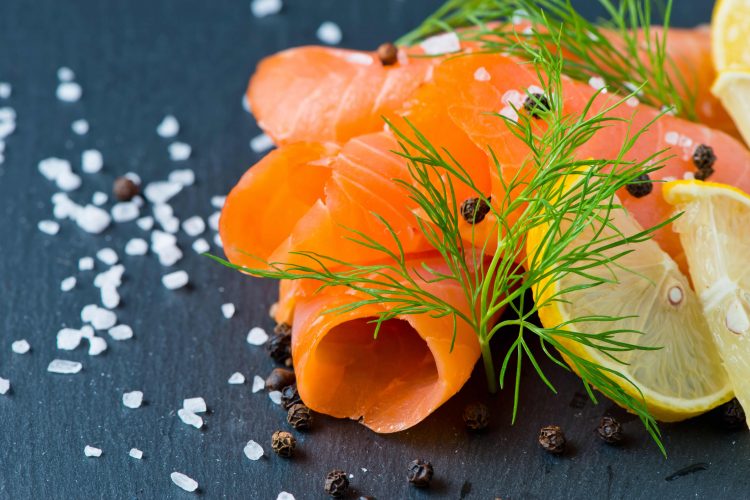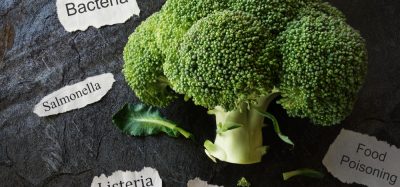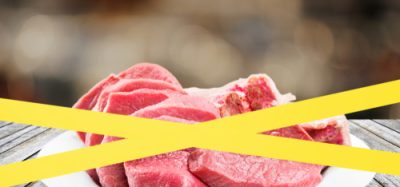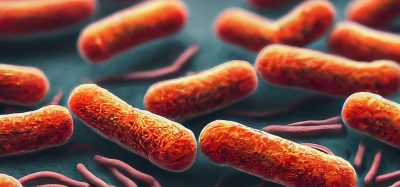Researchers demonstrate effective biopreservation agent for smoked salmon
- Like
- Digg
- Del
- Tumblr
- VKontakte
- Buffer
- Love This
- Odnoklassniki
- Meneame
- Blogger
- Amazon
- Yahoo Mail
- Gmail
- AOL
- Newsvine
- HackerNews
- Evernote
- MySpace
- Mail.ru
- Viadeo
- Line
- Comments
- Yummly
- SMS
- Viber
- Telegram
- Subscribe
- Skype
- Facebook Messenger
- Kakao
- LiveJournal
- Yammer
- Edgar
- Fintel
- Mix
- Instapaper
- Copy Link
Posted: 12 July 2019 | New Food | No comments yet
Scientists at the Catalonian research institute IRTA have demonstrated the effectiveness of a Lactobacillus sakei CTC494 strain as a biopreservation agent against Listeria monocytogenes in smoked salmon.


EFSA (European Food Safety Authority) has recently warned of a listeriosis outbreak caused by Listeria monocytogenes in trout and cold smoked salmon that has affected five European countries and caused the death of five people.
Smoked salmon and smoked trout are ready-to-eat foods considered to be at risk of causing the disease due to their susceptibility of being contaminated by the Listeria monocytogenes pathogen and favourable growth conditions during the products’ useful life.
Biopreservation strategies include the controlled and intentional use of innocuous microorganisms, specifically selected to prevent the development of undesirable or pathogenic microorganisms.
Lactic acid bacteria are present in the microbiota of many foods, including salmon, and in some cases produce substances with an important antimicrobial activity, enabling them to be used as biopreservation agents for the control of pathogens such as Listeria monocytogenes in smoked salmon. Furthermore, these lactic acid bacteria are not harmful to consumers.
IRTA, a research institute based in Barcelona that is devoted to R&D in a variety of agri-food areas, has researched bioconservation strategies to improve food safety and quality for many years. It has recently studied the effectiveness of the Lactobacillus sakei CTC494 strain as a biopreservation strategy to minimise the risk associated with the potential contamination of Listeria monocytogenes in ready-to-eat smoked salmon-filled products in cooled conditions.
The team of researchers at IRTA has been able to demonstrate the efficacy of the Lactobacillus sakei CTC494 strain to completely inhibit the growth of Listeria monocytogenes in vacuum-packed salmon samples kept in cooled conditions for 21 days, independently of the physico-chemical characteristics of the product.
The results obtained by IRTA researchers open up new avenues for the application of Lactobacillus sakei CTC494 as a bioprotection agent against Listeria monocytogenes in smoked salmon and allow for progress in food safety and protection of consumer health against a potentially dangerous microorganism.
Related topics
Food Safety, Lab techniques, Outbreaks & product recalls, Pathogens








